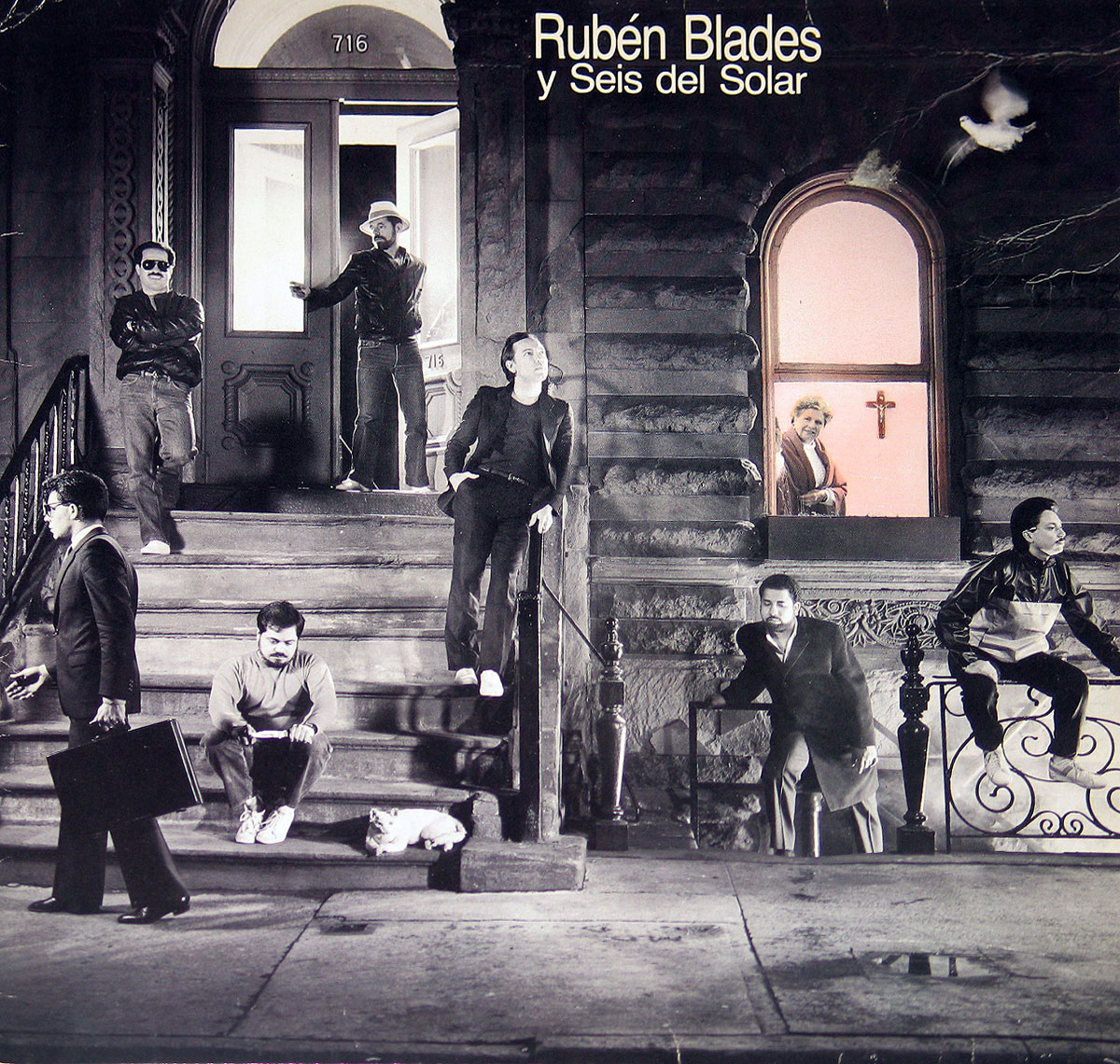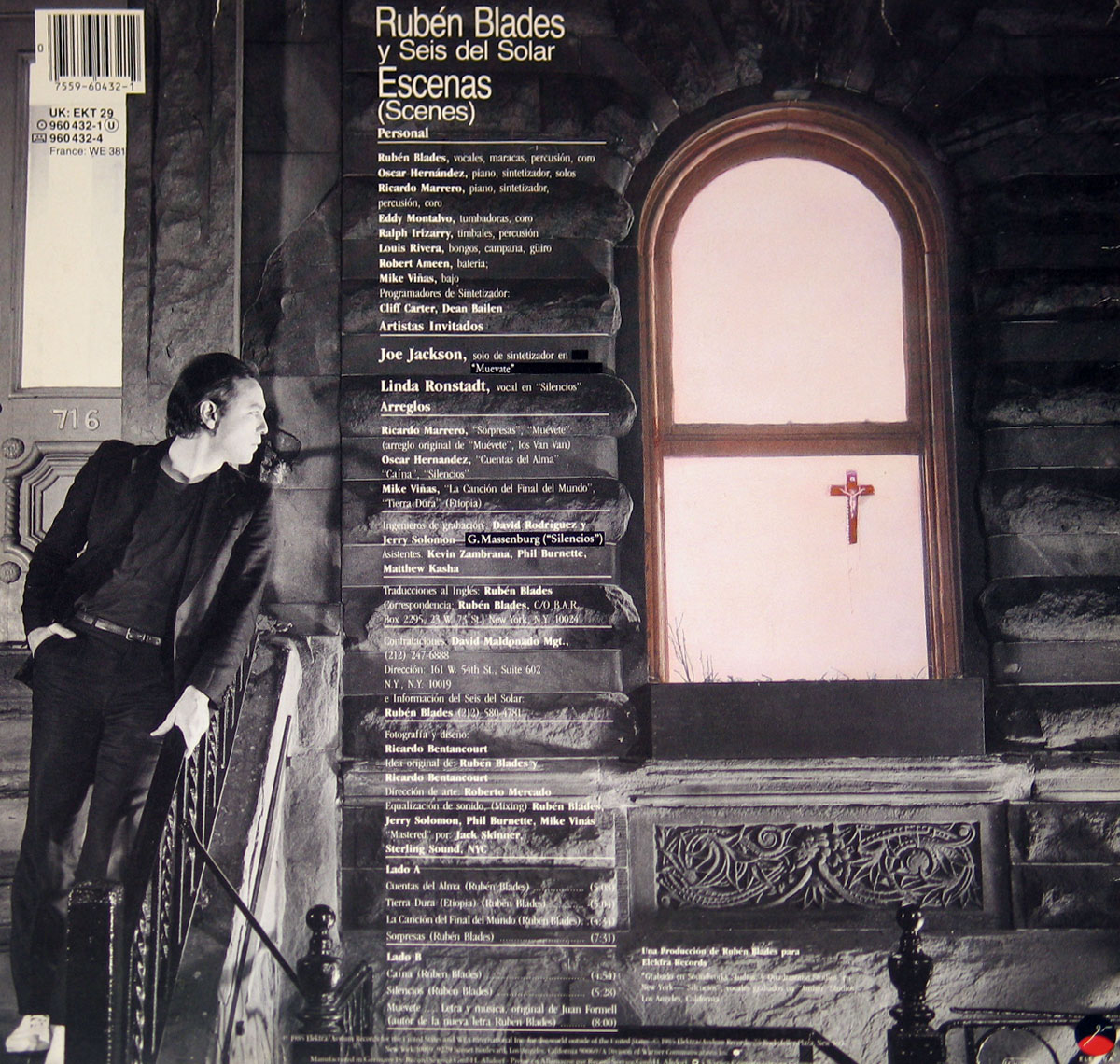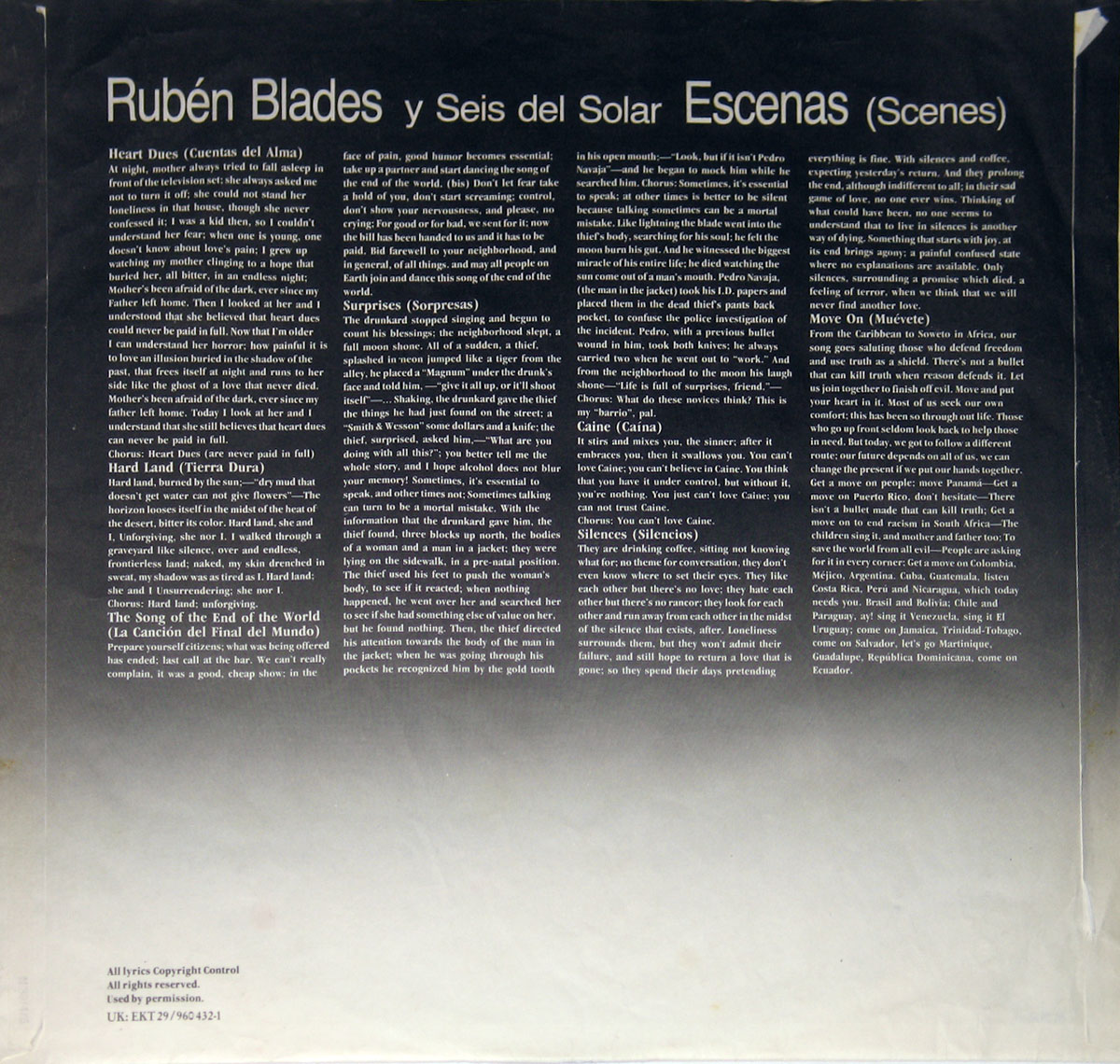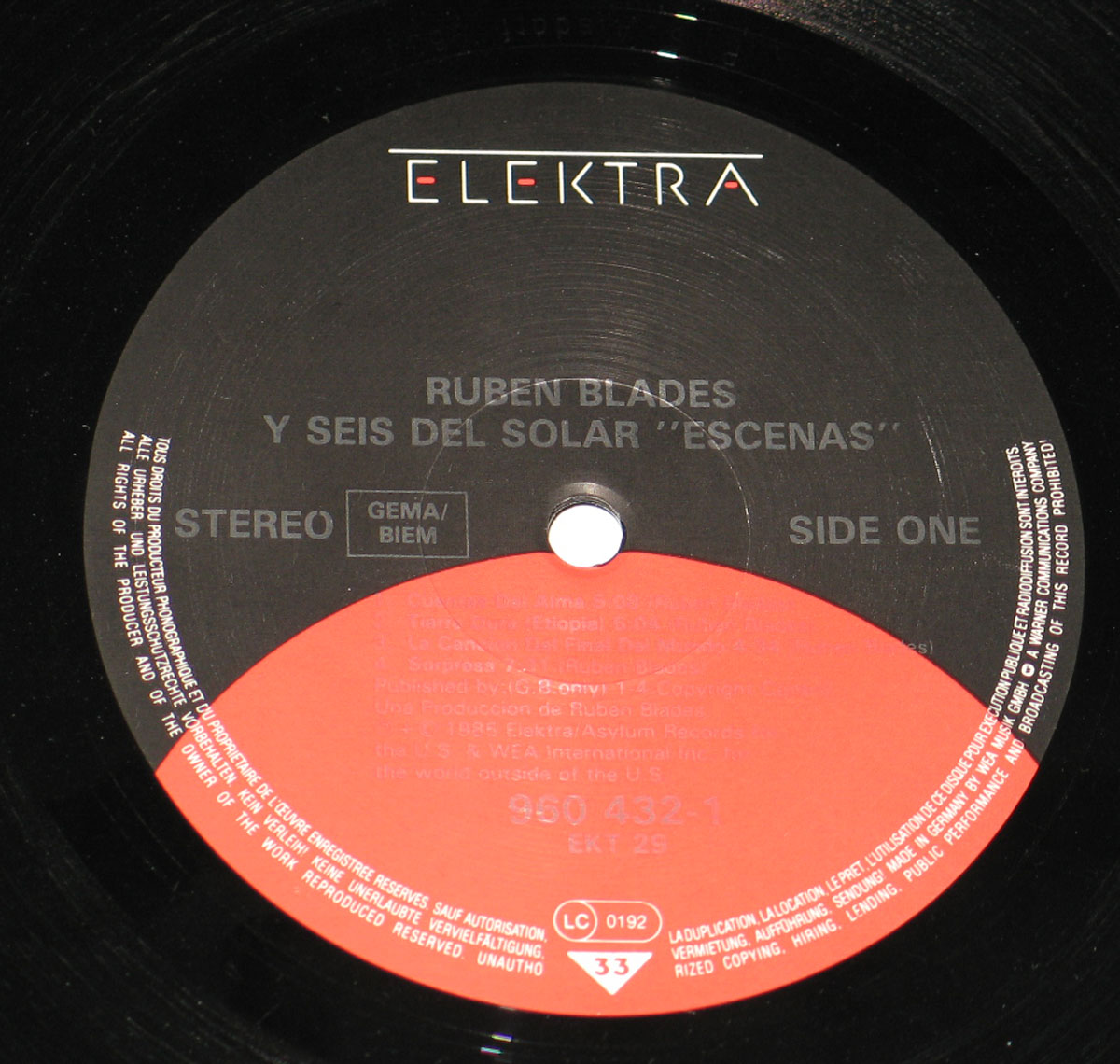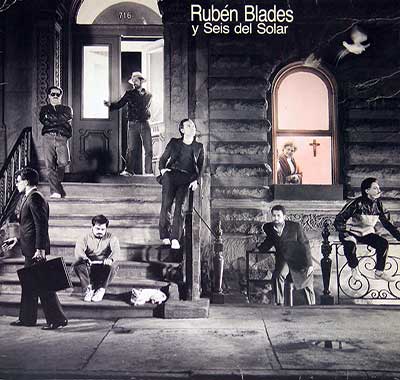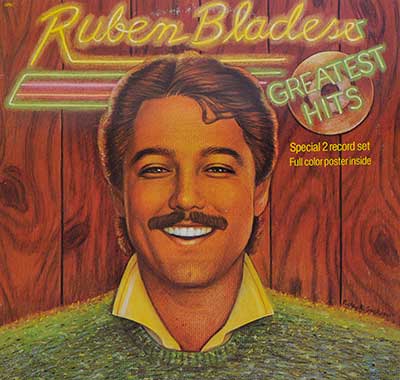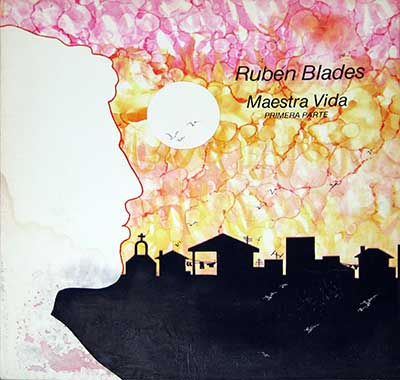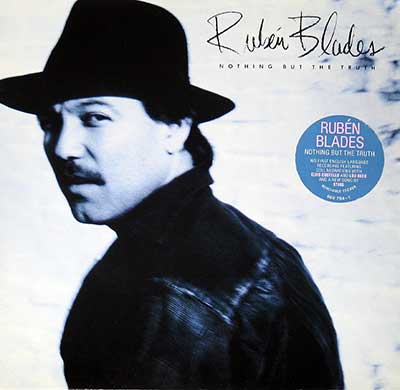Rubén Blades is a legendary Panamanian singer, songwriter, actor, and politician, known for his contribution to the Latin music genre, as well as his political activism. Born in Panama City, Panama, on July 16, 1948, Blades grew up in a middle-class family, where he developed an interest in music and culture from a young age. He began playing guitar and singing in his teenage years and went on to study law at the University of Panama before pursuing his career in music.
Blades's music career began in the early 1970s, when he joined a salsa band called Ray Barretto's Orchestra as a vocalist. His debut solo album, "De Panamá a Nueva York," was released in 1970 and featured the hit song "El Cazanguero." Over the next few years, Blades released several more albums, including "Siembra," which became one of the best-selling salsa albums of all time. The album included the hit song "Pedro Navaja," which became an instant classic and one of Blades's most famous songs.
Blades's music is known for its socially conscious themes and political commentary, addressing issues such as poverty, injustice, and corruption. His songs often incorporate elements of different Latin American genres, including salsa, bolero, and folk music, creating a unique and eclectic style. Blades's influence on Latin music is undeniable, and he has received numerous awards and recognition throughout his career, including several Grammy Awards.
Aside from his music career, Blades has also made a name for himself as an actor, appearing in films such as "The Last Fight," "The Milagro Beanfield War," and "Predator 2." In recent years, he has also become involved in politics, serving as the Minister of Tourism in Panama from 2004 to 2009 and running for the presidency in 2019.
Throughout his career, Blades has remained committed to using his platform to bring attention to social and political issues. He has been a vocal advocate for human rights, environmentalism, and democracy, and has used his music and celebrity status to raise awareness and funds for various causes.
